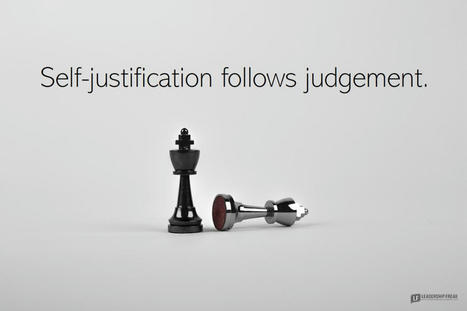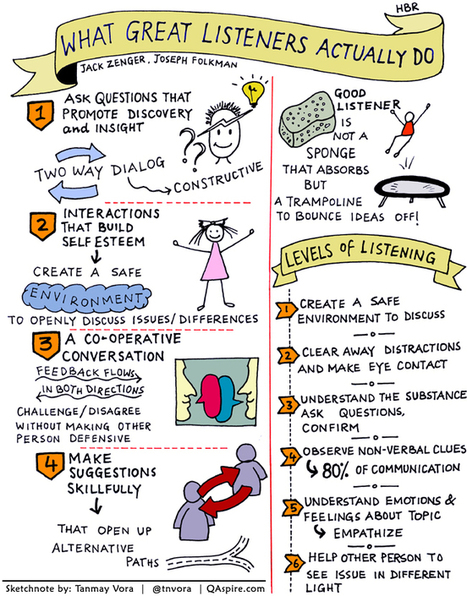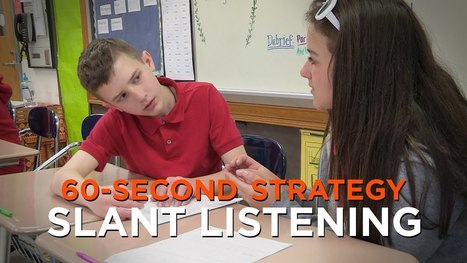Listening increases the value and impact of your words. “The biggest communication problem is we do not listen to understand. We listen to reply.” Stephen R. Covey Not listening: Waiting-listening: Most people think that listening is the price we pay for our turn to talk. We have to listen so we can talk. In other…
Via Tom D'Amico (@TDOttawa)



 Your new post is loading...
Your new post is loading...
















